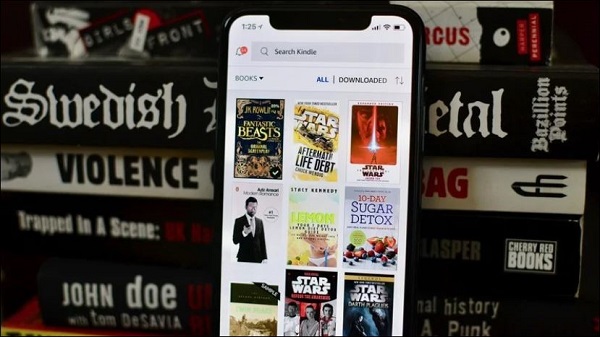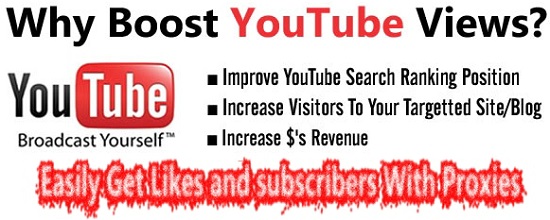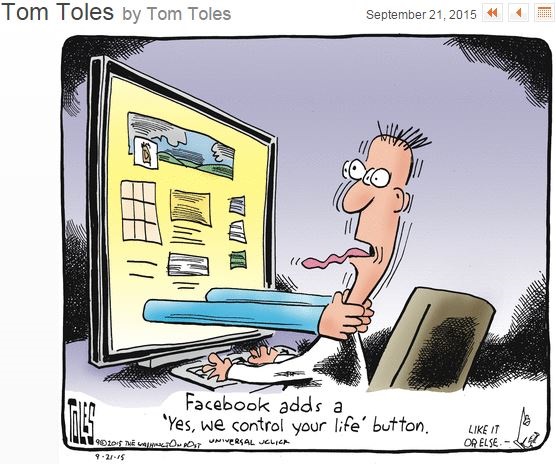
Kindle instructs customers: “From the left panel on the Home screen, tap Books, Newsstand, or Audiobooks, or tap the icon from the app grid or carousel to view specific content in your Kindle Library. Tap a title to download it to your phone. Note: Content already downloaded to your phone will have a checkmark on it.” This is TOTALLY USELESS!!! Per my wife: Instead, tap on the upper left-hand corner, then tap on the three lines there.
Then, if you want to buy the book, Amazon’s software gets in the way again. HOW STUPID!!! My wife is a very capable iPad user but even she can’t outwit Amazon’s dopey setup.
Launch the Kindle app on your iPhone or iPad. Tap Library to see all of the e-books in your Amazon library. Tap the book you wish to download onto your device. When it’s finished downloading (it will have a checkmark next to it), tap the book to open it.
We wanted to purchase the Kindle book “None of My Business” by P.J. O’Rourke, but instead, Amazon sold us a vocal version. Huh??!! And we wanted to purchase the Kindle book “Crazy Rich Asians (Crazy Rich Asians Trilogy Book 1)” but instead Amazon sent us (Crazy Rich Asians Trilogy Book 2)”.
It took us considerable time on the phone with Amazon’s Customer Service to straighten out these messes and get refunds. Shame on Amazon!




